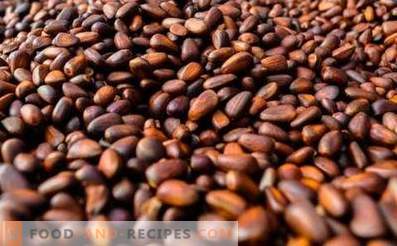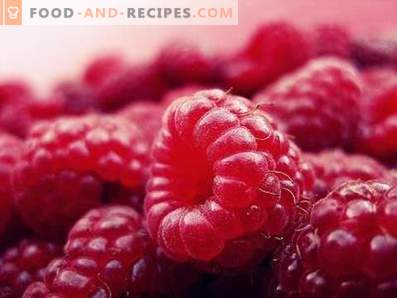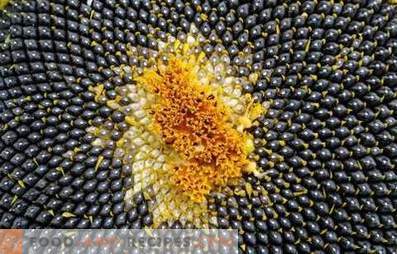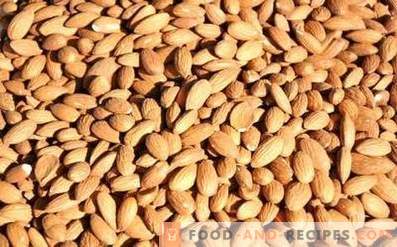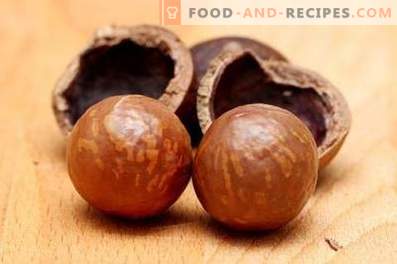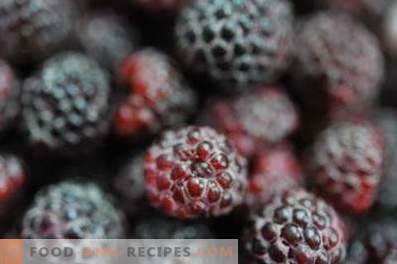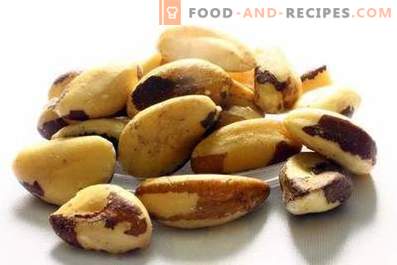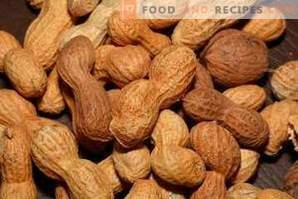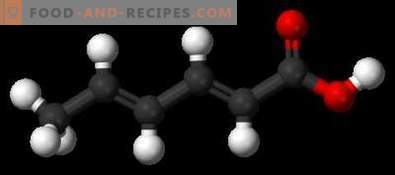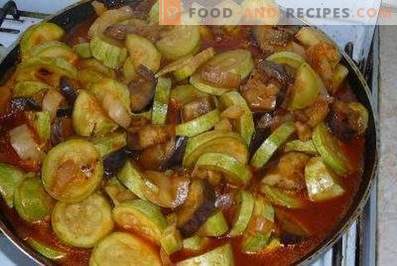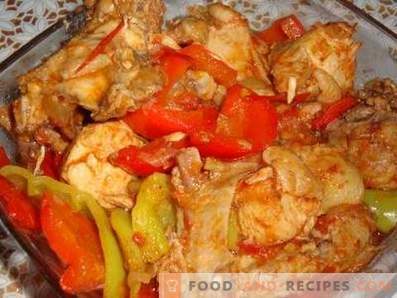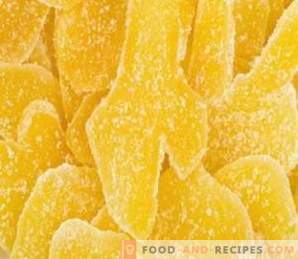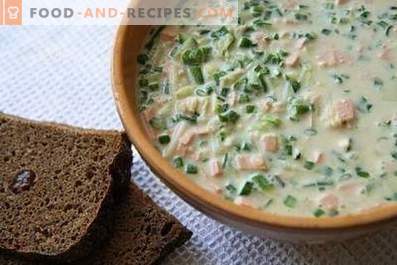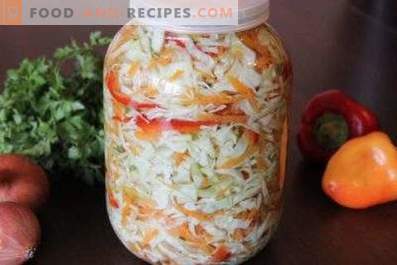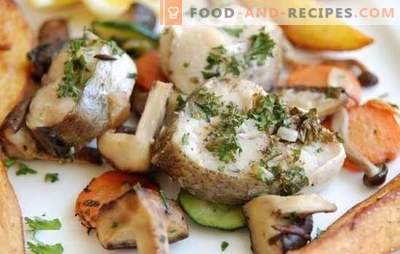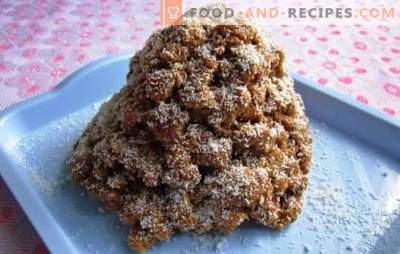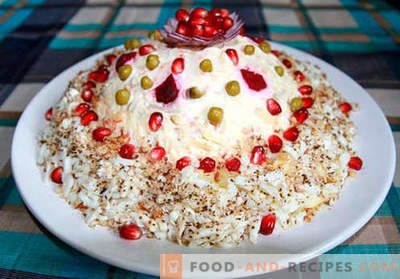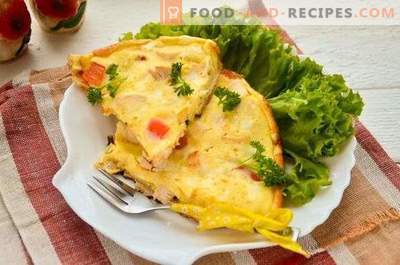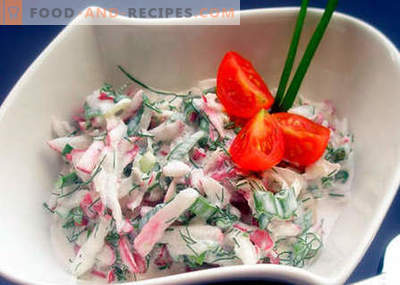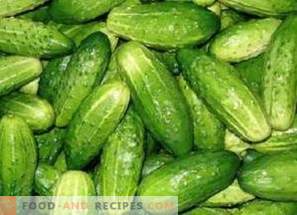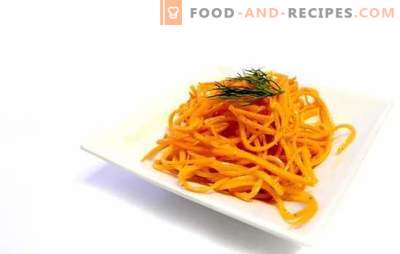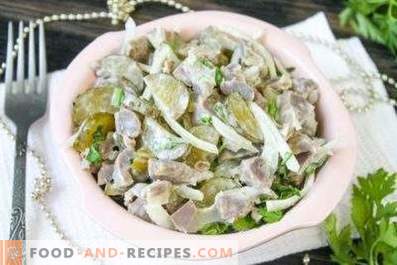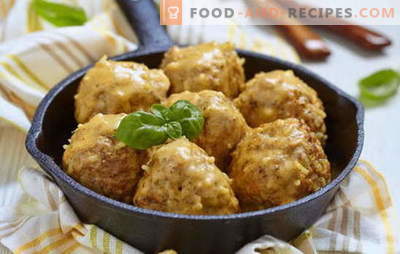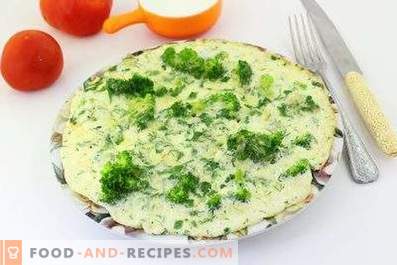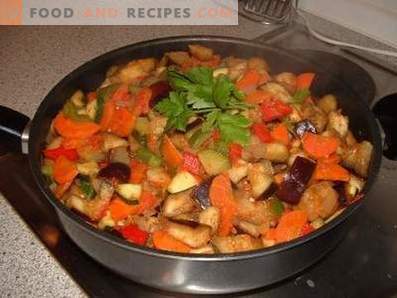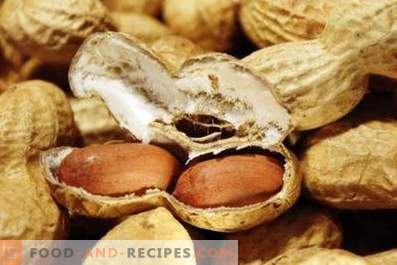
Peanuts (Arachis hypogaea) is a crop belonging to the legume family. The plant is cultivated for the sake of tasty, healthy and nutritious seeds, which are called peanuts. To date, there is no reliable information about which country is home to peanuts. However, according to one of the most common theories, the indigenous people of South America began to grow groundnuts first. Later, the Spanish conquerors brought peanuts to Europe, from where this culture spread to the territories of Africa, North America and China. Today, the largest producers of peanuts are China, Indonesia, the United States, Burma and Nigeria.
Arachis hypogaea is a herb with strongly branching shoots reaching 40-70 cm in height. The slightly pubescent leaves of this species, reaching 30–110 mm in length, have two pairs of elliptical green leaf blades. Peanut flowering begins in late June and lasts until late autumn. White, light beige or yellowish-red flowers of the plant, collected in small brushes of 4-7 pieces, are located in the axils of the leaflets. Pollination of groundnuts is accompanied by accelerated growth of the gynofor and subsequent growth of the ovary into the soil.
Peanut fruits are non-opening beans of light brown or beige color with a thick, fragile pericarp having a large mesh surface. Under the pericarp hides from 2 to 4 oblong seeds with dark red, yellowish gray, light pink or cream skin. Full ripening occurs only in mid-autumn.
Peanut is a valuable oilseed crop, which is an indispensable raw material for a wide variety of industries. The fruits of this plant are eaten fresh, slightly dried or fried, seasoned with salt and herbs, used to make peanut flour, vegetable oil and pasta, confectionery, muesli, vegetable and fruit salads. In addition, peanuts are used in alternative medicine as an effective means of combating the widest range of diseases.
Nutritional value of peanuts and vitamins in its composition
Nutritional Value Peanuts:
- 26, 294 g of proteins;
- 44, 913 g of fat;
- 14, 877 g of omega-6 fatty acids;
- 9, 871 g of carbohydrates;
- 4, 118 g of sugars;
- 7, 963 g of fiber;
- 7, 817 g of water;
- 5, 698 g of dextrins, starch;
- 2, 573 g of ash.
Vitamins in peanuts:
- 0.734 mg of thiamine (B1);
- 18, 897 mg of niacin equivalent (PP);
- 239, 416 μg of folate (B9);
- 1, 763 mg of pantothenic acid (B5);
- 0, 109 mg of riboflavin (B2);
- 5, 244 mg of ascorbic acid (C);
- 0, 344 mg of pyridoxine (B6);
- 10, 093 mg of alpha-tocopherol, tocopherol equivalent (E);
- 52, 488 mg of choline (B4).
Calories of peanuts
- Caloric value of raw peanuts - 552, 106 kcal.
- Caloric value of one nut of a peanut (weight - about 2 grams) - 11, 042 kcal.
- The caloric content of dried peanuts is 612, 374 kcal.
- Calories of roasted peanuts - 614, 891 kcal.
- The caloric content of peanut butter is 898, 462 kcal.
- The caloric content of peanut paste is 546, 714 kcal.
- Caloric value of peanut flour - 589, 539 kcal.
Useful items in peanuts
Trace elements in peanuts:
- 3, 269 mg of zinc;
- 1143, 798 μg of copper;
- 7, 113 μg of selenium;
- 4, 974 mg of iron;
- 1, 928 mg of manganese.
Macroelements in peanuts:
- 181, 671 mg of magnesium;
- 349, 873 mg of phosphorus;
- 657, 814 mg of potassium;
- 22, 499 mg of sodium;
- 75, 912 mg of calcium.
Useful Properties of Peanuts
- Peanuts contain 25-35% of proteins of plant origin. Vegetarians, athletes, and people who are forced to stop eating dairy products and meat for medical reasons can use peanuts as an additional source of protein.
- Peanuts are a rich source of antioxidants, which significantly reduces the risk of developing heart disease, benign and cancerous tumor neoplasms. In addition, compounds belonging to this group contribute to slowing down the processes leading to accelerated aging of the body.
- Peanuts are a rich source of linoleic acid. Thanks to this compound, the body actively produces substances that promote the removal of excess cholesterol from the blood. Thus, regular consumption of peanuts is one of the factors that reduce the risk of forming cholesterol plaques in the lumen of blood vessels and prevent the development of atherosclerosis.
- The composition of groundnuts contains substances that accelerate lipid metabolism. With moderate consumption, the fruits of this plant help to lose weight.
- Compounds present in peanuts increase blood clotting. Persons suffering from hemophilia and internal bleeding, it is recommended to regularly include the fruits of this plant in the diet.
- Folic acid contained in the peanut fruit and vegetable oil obtained from them, accelerates the renewal of the cells of the human body.
- Regular consumption of peanuts reduces the risk of developing pathologies in the fetus during pregnancy.
- Substances present in peanuts have a beneficial effect on the functioning of the nervous system. People who eat 7-10 ground nuts daily, sleep better, rarely get depressed, do not suffer from neurosis, do not experience sudden mood swings, are less tired.
- The compounds present in the composition of ground nuts, improve the reproductive system in both sexes, help to cope with infertility.
- Vitamins and other useful compounds contained in peanuts help to recover faster after prolonged illness, increased physical and intellectual stress.
- In folk medicine, peanuts are used as a means of combating duodenal ulcer or stomach. Kernels of nuts are ground in flour, diluted with warm water and drink the resulting milk 150-200 ml per day. During periods of exacerbation of these diseases, treatment with peanuts is suspended.
- Tincture made from peanut peel is used as an immunomodulator. The drug is prepared according to the following recipe: a teaspoon of husk is poured 55-60 ml of vodka and insist in a dark place for 13-14 days. Tincture is taken internally with milk. The daily dose of the drug is 5-7 drops.
- Peanut decoction is considered an effective means of combating respiratory diseases. Substances contained in the composition of this healing drink, contribute to the dilution of sputum, help to cope with dry, unproductive cough.
- The fiber contained in peanuts normalizes digestion, helps to eliminate poisons from the body.
- Regular consumption of peanuts helps improve brain activity and memory.
Contraindications and harm to peanuts
- Peanuts are a product with high energy value. Abuse of peanuts can lead to obesity.
- Peanuts are a potential allergen. An inadequate response of the body to its consumption can manifest itself in the form of urticaria, itching of the skin, eczema, sneezing attacks, swelling of facial tissues, pressure reduction, asthma, abdominal pain, anaphylactic shock or cardiac arrest. For this reason, people who are allergic to any nuts should completely eliminate peanuts from the diet.
- When improperly stored, peanuts accumulate aflatoxins, toxic substances that can cause severe poisoning of the body, allergic reactions and cause the development of other pathologies. That is why it is so important to eat only fresh nuts, not covered with bloom, mold and not having an unpleasant, musty smell.
- Contraindications to the consumption of peanuts are arthrosis, gout and arthritis.
- Abuse of peanuts can lead to the development of flatulence, diarrhea and other disorders of the digestive tract.
- Peanuts contain substances that help to thicken the blood. For this reason, ground nuts are contraindicated for persons suffering from varicose veins.
- Peanuts are not recommended for children under the age of 7 years.
